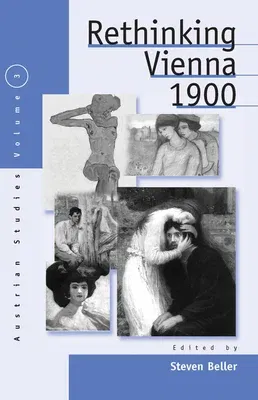Rethinking Fin-de-Siecle ViennaHardcover, 1 October 2001

Qty
1
Turbo
Ships in 2 - 3 days
In Stock
Free Delivery
Cash on Delivery
15 Days
Free Returns
Secure Checkout

Part of Series
Austrian and Habsburg Studies
Part of Series
Austrian and Habsburg Studies, 3
Part of Series
Rethinking Fin-de-Siecle Vienna
Part of Series
Austrian History, Culture, and Society
Print Length
304 pages
Language
English
Publisher
Berghahn Books
Date Published
1 Oct 2001
ISBN-10
1571811397
ISBN-13
9781571811394
Description
Product Details
Book Format:
Hardcover
Country of Origin:
US
Date Published:
1 October 2001
Dimensions:
21.59 x
13.97 x
1.91 cm
ISBN-10:
1571811397
ISBN-13:
9781571811394
Language:
English
Location:
New York, NY
Pages:
304
Publisher:
Series:
Weight:
498.95 gm